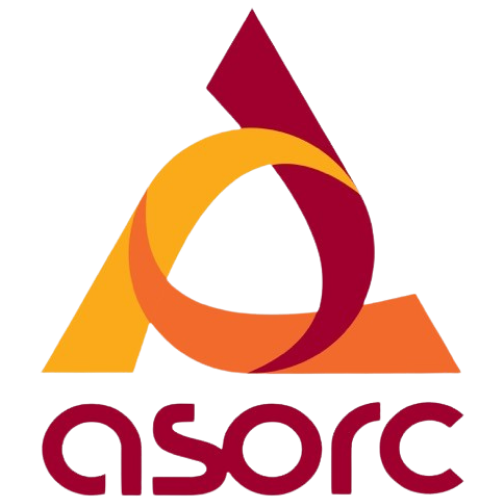DANIELLE MIK
CEO, Beneficent PL
Danielle is a Vocational Rehabilitation and Occupational Risk Management Services Consultant with a career that span 30 years and encompasses Workers Compensation, Injury Management, WH&S, Mental Health, Workplace Risk Management, Human Resources and Training. Danielle has in-depth knowledge of multiple compensation environments, applying this knowledge to the design and implementation of innovative injury management solutions to achieve sustainable return to work outcomes with long term, complex, serious injury and psychological claims. Danielle utilises strategies based on emotional intelligence enhancement to assist people recovering from injury or illness to return to life and good work, help create mentally healthy workplaces and educate stakeholders in the workers compensation system on human needs and managing trauma effected clients. Danielle has previously been an Executive Member of ASORC, been President of a not for profit organisation supporting injured workers, and has been awarded Rehabilitation Counsellor of the Year in 2019.
conference presentation
WHS overview, hazard management and risk control for RC’s, with particular emphasis on controlling psychosocial hazards in the workplace
Rehabilitation Counsellors are dealing with employers on a daily basis, and witness first hand workplaces that are prone to causing mental health injuries to employees. RC’s are often tasked with needing to return people with MH injuries to workplaces that clearly need improvement. This places RC’s in a perfect position to be able to work with employers and assist them to create mentally healthy workplaces. Many of the changes that need to be made to a workplace in order for it to be safe for the RTW of the injured person will also contribute to making that workplace safer for everyone working there. This situation presents an opportunity for RC’s to expand their services into additional areas and grow their service streams. This will provide potentially both additional career reward and career opportunities for RC’s. At this point in time, most RC’s lack the work, health and safety knowledge to have the confidence to transition to prevention services. In order to have the skill set to manage the prevention of mental health injury in the workplace, RC’s need to receive relevant prevention training. This session will provide RC’s with a cross section of the skills they need to work in the prevention space, particularly in the area of addressing psychosocial hazards, and will identify for them if they may be interested pursuing further upskilling in this area to take up working in a prevention space.
